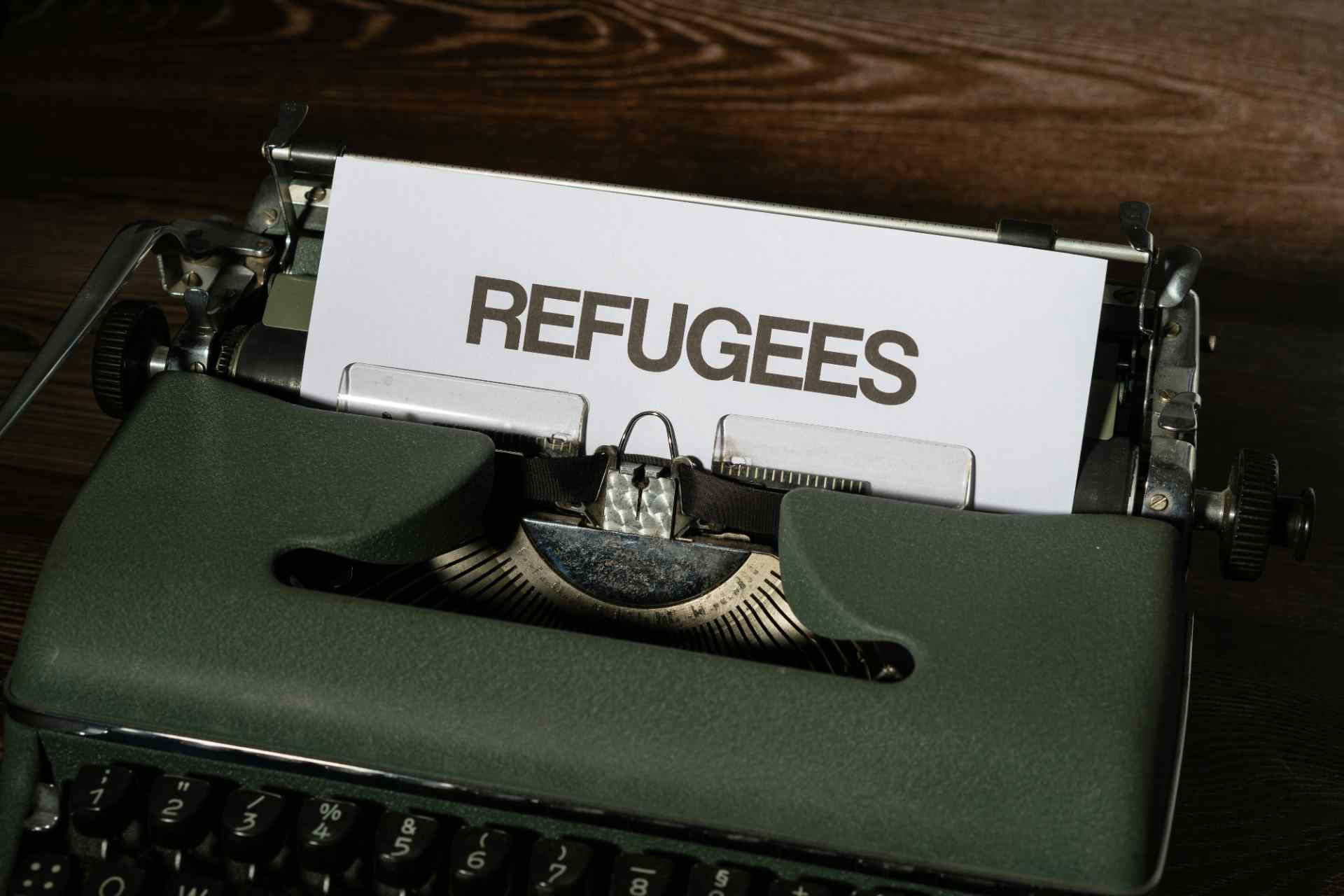In the world of global education and migration, Canada stands tall as a beacon of opportunity. The country’s welcoming immigration policies have opened doors for countless individuals who ventured to the Great White North in pursuit of quality education and the dream of a better life. Among the beneficiaries of these policies are international students, who not only receive world-class education but also have a clear pathway to become valued members of Canadian society through Canadian permanent residence.
The Rise of International Student Integration into Canadian Society

Canada’s approach to immigration is strategic and forward-looking, focusing on the twin goals of meeting demographic challenges and supporting the labor market. International students have emerged as one of the principal channels through which these goals are achieved. Over the years, these students have not only contributed intellectually but also economically and culturally to the Canadian mosaic. In 2023, a significant number of them took the next step in this mutually beneficial relationship by transitioning to permanent residents.
Transitioning from International Student to Permanent Canadian Resident
As per November 2023’s figures from Immigration Refugees and Citizenship Canada (IRCC), a remarkable 62,410 international graduates made the leap to permanent residency. This marks an increase of 9,670 compared to the 52,740 international graduates who embarked on the same journey in 2022. The robust pathway from being an international student to PR in Canada is one of the pivotal reasons behind the country’s sustained popularity as a prime educational destination.
Students who opt for a Canadian education are implicitly choosing a path that could lead to a future in the country. Most students convert this opportunity into reality through the Post Graduation Work Permit (PGWP), which allows them to gain crucial work experience post-graduation, solidifying their eligibility for permanent residence.
Provincial Nominee Programs as a Path to Permanent Residence
In addition to the federal routes available, some international students secure their permanent resident status through the Provincial Nominee Program (PNP). Each Canadian province offers its own unique programs tailored to meet regional needs, some of which are designed specifically for international graduates. In 2023, a remarkable 23,150 international students transitioned to permanent residents through these various PNP streams.
A Student’s Journey: From India to Canadian Citizenship
Imagine a young student named Raj from India who chose Canada for his higher education. Upon receiving acceptance from a renowned Canadian university, Raj’s journey began. Here’s a fictional outline of the steps he would have followed to realize his dream:
- Apply to a Designated Learning Institution (DLI) in Canada and get accepted.
- Obtain a Canadian study permit, allowing him to legally study in Canada.
- Complete his program of study and apply for the Post Graduation Work Permit (PGWP).
- Gain valuable Canadian work experience after graduating, which helps build eligibility for PR.
- Apply for permanent residence through the Canadian Experience Class (CEC) or a PNP that suits his profile based on his Canadian work experience.
- After meeting the eligibility criteria for citizenship, including adequate residency time and language requirements, apply for Canadian citizenship.
By following this pathway, Raj moves from being an international student to fully integrating into Canadian society, contributing to the country’s growth, and eventually proudly adopting Canada as his home.
Conclusion
The trend observed in 2023 solidifies Canada’s long-standing reputation for supporting international student integration into its diverse and welcoming society. The international student to PR pathway in Canada reflects a deep understanding of the symbiotic relationship between immigration and national prosperity – a model worth emulating emulated worldwide.
Info Source:
Immigration Refugees and Citizenship Canada (IRCC)
As a reminder, the process of becoming a permanent resident and, eventually, a citizen is subject to regulation by the Canadian government and may involve several steps not covered in the scope of this blog post. Always seek current and official information on the IRCC website or consult with a registered Canadian immigration consultant for personalized guidance.
In the dynamic landscape of global migration, Canada continues to shine as a land of endless possibilities, especially for those who arrive with a dream and a willingness to contribute to the rich tapestry that is Canadian living. Whether you’re an international student planning your future or a recent graduate contemplating your next steps, Canada’s doors are open, with promising paths that could lead you to call this vibrant country home.
Learn Today:
Glossary or Definitions
- Immigration: The process of individuals moving from one country to another with the intention of settling permanently.
-
International Student: A student who comes from a foreign country to study in another country, often on a temporary student visa.
-
Canadian Permanent Residence: The status granted to an individual by the Canadian government that allows them to live, work, and study in Canada on a permanent basis, with most of the same rights and responsibilities as Canadian citizens.
-
Pathway to Permanent Residence: Refers to the steps and programs that international students can take to become Canadian permanent residents, providing them with a clear route to settle permanently in Canada.
-
Post-Graduation Work Permit (PGWP): A work permit issued to international students after completing their studies in Canada, allowing them to gain valuable Canadian work experience related to their field of study. The PGWP is an important step towards applying for permanent residence.
-
Provincial Nominee Program (PNP): Programs offered by individual Canadian provinces and territories that allow them to nominate candidates for permanent residence based on their own specific economic and labor market needs. Some PNPs have specific streams or pathways designed for international students.
-
Designated Learning Institution (DLI): Canadian educational institutions that are approved and recognized by the government to host international students. Students must be enrolled in a DLI to be eligible for a study permit.
-
Canadian Experience Class (CEC): A federal immigration program that facilitates the transition of foreign individuals with skilled work experience gained in Canada to permanent residence. It is one of the pathways available for international students with Canadian work experience.
-
Permanent Resident (PR): A foreign national who has been granted permanent residence in Canada. PR status is granted to individuals who are not Canadian citizens but have been authorized to live and work in Canada on a permanent basis.
-
Citizenship: The legal status that signifies full membership in a country. Canadian citizenship grants individuals with the right to vote, obtain a Canadian passport, and access various benefits and protections offered by the Canadian government.
-
Immigration Refugees and Citizenship Canada (IRCC): The Canadian government department responsible for immigration, citizenship, and refugee matters. IRCC is responsible for processing immigration applications, setting immigration policies, and providing information and resources to those interested in living, studying, or working in Canada.
-
Canadian Education: Refers to the education system in Canada, which is known for its high quality and wide range of study options. Many international students choose Canada as a destination for their higher education due to its reputable institutions and welcoming environment.
-
Demographic Challenges: Refers to issues related to population growth, aging population, and labor market needs that a country may face. Canada’s immigration policies aim to address these challenges by attracting and retaining skilled workers and promoting population growth.
-
Labor Market: Refers to the demand and supply of labor within a country. Canada’s immigration policies are designed to support the labor market by addressing skill shortages and attracting skilled workers to fill job vacancies.
-
Canadian Mosaic: Refers to the multicultural and diverse nature of Canadian society, where people from various backgrounds, cultures, and languages coexist and contribute to the country’s social fabric.
-
Integration: The process by which individuals from different backgrounds and cultures become part of a new society, adopting its values, language, and way of life.
-
Symbiotic Relationship: Refers to a mutually beneficial relationship where two entities depend on each other for growth and prosperity. The international student to permanent resident pathway in Canada exemplifies the symbiotic relationship between immigration and Canada’s economic and social development.
-
Canadian Government Regulations: Refers to the laws and regulations set forth by the Canadian government that govern the immigration process, eligibility criteria, and requirements for obtaining permanent residence or citizenship.
-
Canadian Immigration Consultant: A professional who is authorized and registered with the Immigration Consultants of Canada Regulatory Council (ICCRC) to provide advice and assistance on immigration matters in Canada. They can provide personalized guidance on the immigration process based on individual circumstances.
-
Canadian Citizenship Consultant: A professional who specializes in helping individuals navigate the process of obtaining Canadian citizenship, including assessing eligibility, preparing and submitting citizenship applications, and providing guidance on citizenship requirements and processes.
So, if you’re intrigued by the idea of studying in Canada and exploring the possibilities of becoming a permanent resident, why not dive deeper into this fascinating topic? Visit visaverge.com for more information on immigration pathways, educational opportunities, and the vibrant Canadian lifestyle that awaits you. Cheers to a bright future in the Great White North!
This Article in a Nutshell:
Canada, a beacon of opportunity, welcomes international students seeking quality education and a better life. With clear pathways to permanent residence, 62,410 international graduates made the leap in 2023. The post-graduation work permit and Provincial Nominee Programs offer students a bridge to becoming valued members of Canadian society.







